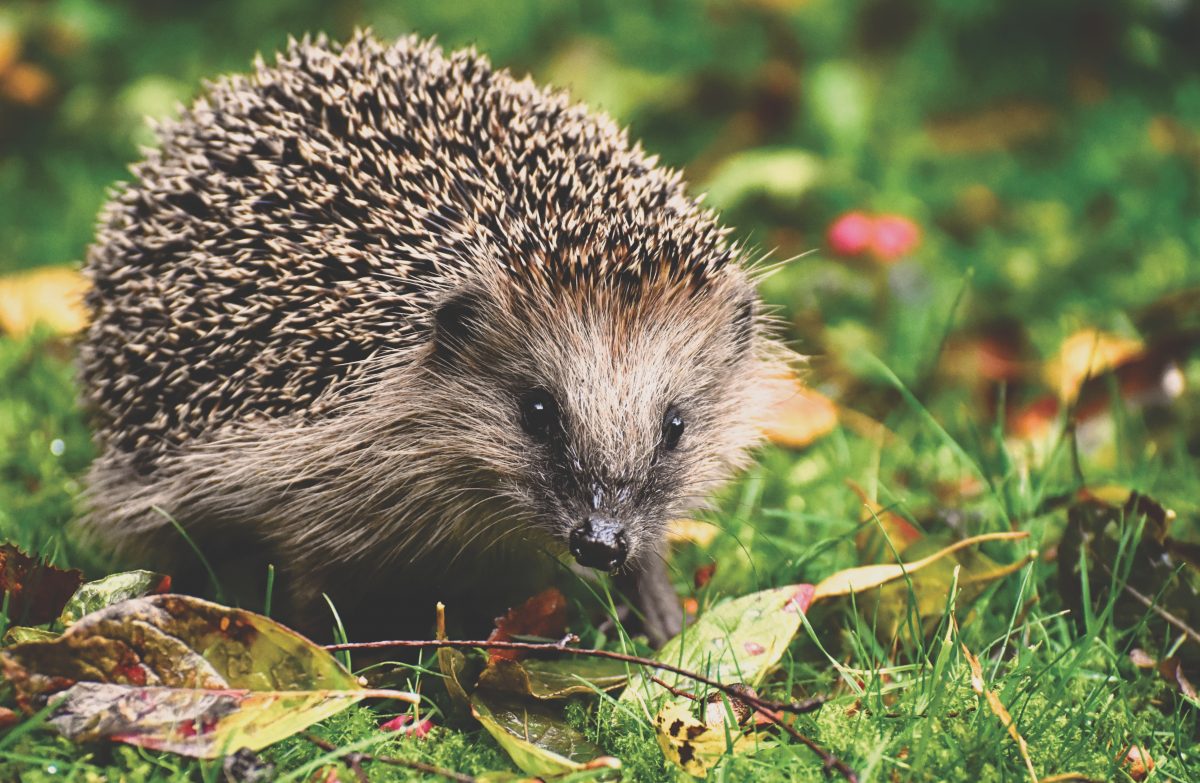Here’s what to do if you find a sick or injured small bird or mammal
The quickest way to get help for a small, sick or injured wild animal is to take them to a vet. For quite some time, we have been asking members of the public to assist us with injured wildlife. However, a large number are still collected by our frontline officers. Every time a wild animal is helped by the public, it frees up our officers to get to more animals suffering abuse or neglect. The National RSPCA deal with more than a million calls a year, one every 30 seconds and only has 362 officers covering England and Wales.
From 3rd April if you find smaller a bird smaller than a pigeon* or a mammal smaller than a rabbit, there is a new resource via a dedicated telephone helpline and web pages which can offer help and support.
The helpline is
0300 123 8967
and the web pages can be found at RSPCA England and Wales
The national society has more than 200 volunteers who do amazing work helping to transport animals to get the care they need and we are recruiting even more this years. Where vulnerable callers are unable to take animal themselves, our volunteers may be able to step in.
If you would like to volunteer please visit the National RSPCA volunteering pages.
The sad reality is that when a wild animal is so sick or injured that it needs people to take it to get veterinary care, many are simply too poorly to survive. In the vast majority of cases, the kindest outcome for these animals is being put to sleep to end their suffering. Even if this is the outcome, the public will have done an incredible kindness for those animals who have not been left suffering for too long. This is a difficult job for vets to do, so we ask that members of the public respect the vet’s decision, which will always prioritise the animals welfare.
* Currently DEFRA and UK Health Security Agency advise the public not to handle sick or injured adult wild birds of any size (fledglings are an exception) and to call the National Control centre on 0300 1234 999.

